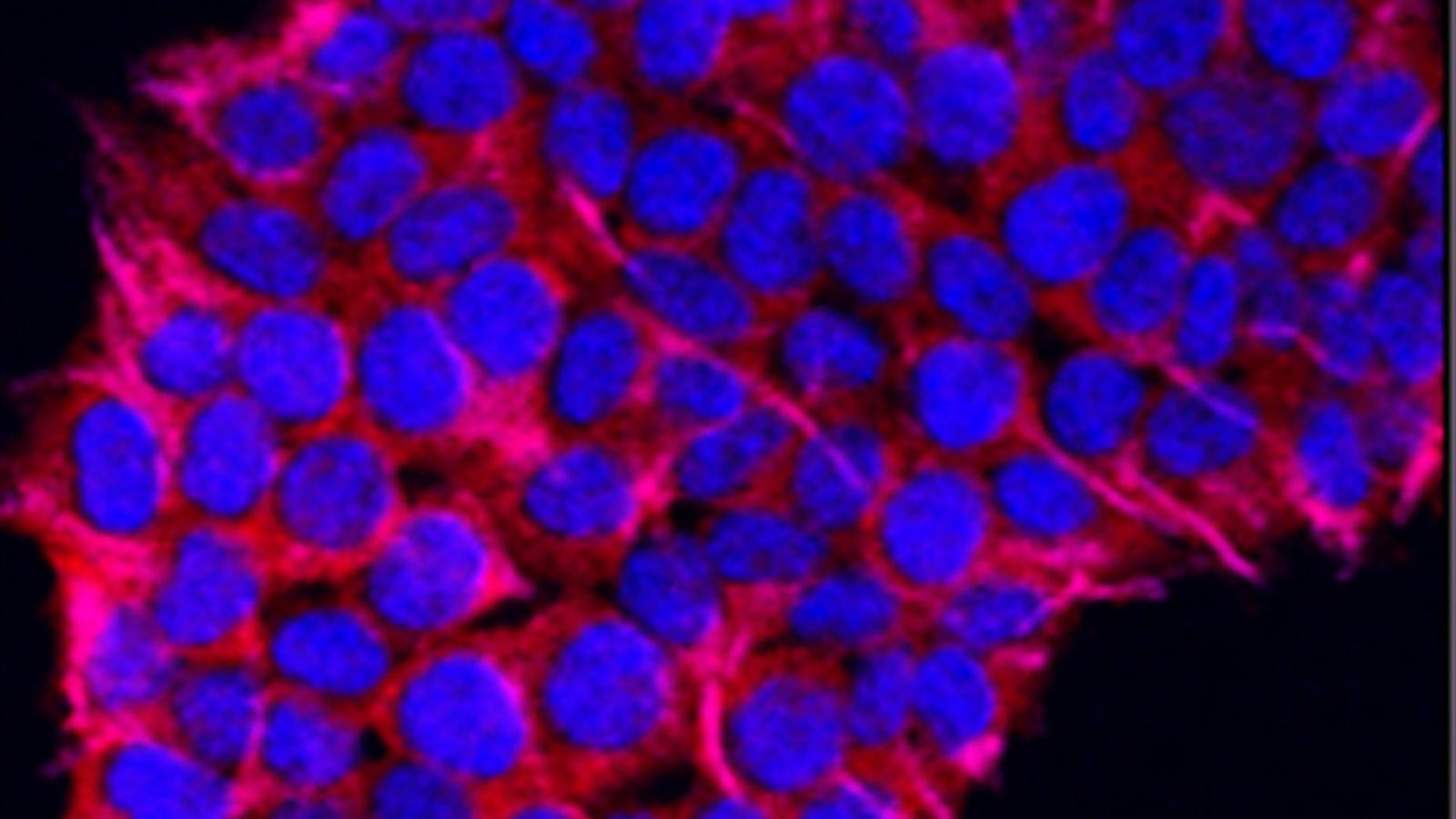Unraveling the intricate blueprint of our genetic code has always been a captivating enigma, offering a glimpse into the secret language that shapes our individuality. Now, imagine harnessing the power of this genetic code to unlock the hidden mysteries of our nutritional needs. Enter the fascinating realm of nutritional genotyping, a groundbreaking field that holds the key to understanding how our genes influence our response to food. In this article, we will embark on an illuminating journey that explores the complexities of genetic test results and decipher how we can effectively interpret and apply them to tailor our diets with pinpoint precision. So, tighten your seatbelts, as we delve into the realm where science and nutrition converge, forever transforming the way we nourish our bodies.
An Introduction to Nutritional Genotyping and Its Potential Benefits
Nutritional genotyping is a fascinating field that explores the relationship between genetics and nutrition. By analyzing an individual’s unique genetic makeup, it aims to provide personalized dietary recommendations based on their specific genetic variations. This innovative approach to nutrition has the potential to revolutionize the way we eat and improve our overall health and well-being.
Imagine being able to determine which types of foods are most beneficial for your body based on your genetic profile. Nutritional genotyping can help identify genetic variations that may affect how your body processes certain nutrients, such as carbohydrates, fats, and vitamins. For example, it can reveal if you have an increased risk of lactose intolerance or gluten sensitivity, allowing you to make informed decisions about your dietary choices to avoid discomfort or potential health issues.
| Improved Dietary Guidance | Optimized Nutrient Absorption | Weight Management |
|---|---|---|
| Better understanding of your body’s nutritional needs | Enhanced ability to absorb and utilize essential nutrients | Insights into genetic factors that may impact weight loss or gain |
| Reduced risk of nutrient deficiencies | Customized meal plans tailored to your genetics | Identification of genetic variations impacting metabolism |
By adopting a personalized approach to nutrition through nutritional genotyping, you can potentially optimize your diet to better suit your genetic makeup. However, it is important to note that genetic testing alone cannot provide a complete picture of your overall health and dietary needs. It should be used as a complementary tool alongside traditional health assessments and professional guidance.
Understanding the Key Components of Genetic Test Results
When it comes to genetic testing, understanding the key components of the results is crucial in unlocking the secrets to your unique genetic makeup. One important aspect of genetic testing is nutritional genotyping, which focuses specifically on how your genes influence your body’s response to different nutrients. By analyzing specific genetic markers, nutritional genotyping can provide valuable insights into how your body metabolizes and absorbs certain vitamins, minerals, and macronutrients.
Interpreting and applying genetic test results can be a complex process, but with the right guidance, it can empower you to make informed decisions about your diet and lifestyle. Key components of genetic test results include:
- Genetic Variants: These are specific variations or mutations in your genes that may impact your nutritional needs or metabolism.
- Nutrient Recommendations: Genetic test results can provide personalized recommendations for vitamins, minerals, and other nutrients based on your genetic makeup. This can help optimize your nutrient intake and ensure that you are meeting your body’s specific needs.
- Disease Risks: Genetic testing can also identify certain genetic variants that may increase your risk for certain health conditions. Understanding these risks can help you take proactive steps to reduce your risk through targeted dietary and lifestyle interventions.

Interpreting Genetic Test Results: Insights into Personalized Nutrition
Genetic testing has revolutionized the field of nutrition, providing individuals with valuable insights into their own unique genetic makeup and how it can affect their nutritional needs. Nutritional genotyping, also known as DNA-based nutritional testing, allows individuals to uncover specific genetic variations that impact their metabolism, nutrient absorption, and overall health. But understanding and interpreting the results of these genetic tests can be quite overwhelming for many. Here, we’ll delve into the intricacies of interpreting and applying genetic test results to personalized nutrition plans.
When it comes to interpreting genetic test results, it’s important to remember that these tests provide clues, not concrete answers. They offer a glimpse into our genetic predispositions, helping us make informed decisions about our dietary choices. One of the key areas to focus on is nutrigenetics, which examines how our genes influence our response to nutrients. By identifying genetic variants that impact nutrient metabolism, we can tailor our diets to better support our individual needs. For instance, individuals with specific genetic variations may benefit from consuming higher amounts of certain vitamins or need to avoid certain types of food that their bodies struggle to process efficiently.
Genetic Test Result Interpretation:
- Look for specific genetic variations related to nutrient metabolism.
- Consider how these variations affect nutrient absorption, utilization, and potential deficiencies.
- Identify genetic variations that impact food sensitivities or intolerances.
- Examine markers associated with energy metabolism.
- Assess genetic risk factors for certain conditions like obesity or hypertension.
By translating genetic test results into actionable steps, personalized nutrition plans can be created. These plans take into account an individual’s unique genetic profile and help optimize their diet for improved health and wellbeing. However, it’s important to remember that genetic test results should not be taken in isolation. They should be used as a starting point and combined with other factors such as medical history, lifestyle, and individual goals to develop well-rounded nutritional strategies.

Applying Genetic Test Results: Recommendations for Optimal Nutritional Genotyping
Understanding Your Unique Genetic Blueprint
Unlocking the secrets of our genetic code has offered invaluable insights into our individual health and wellness. When it comes to nutrition, our genetic predispositions play a significant role in how our bodies process and metabolize certain foods and nutrients. Nutritional genotyping, also known as genetic testing, can provide you with a deeper understanding of your unique genetic blueprint, helping you make informed decisions about your diet and lifestyle.
By analyzing the variations in your genetic code, nutritional genotyping can reveal specific genetic markers related to nutrient absorption, metabolism, and other factors that influence your nutritional needs. Armed with this knowledge, you can make targeted adjustments to optimize your diet, potentially improving your overall well-being and reducing the risk of certain health conditions.
Applying Genetic Test Results to Your Diet
- Personalized Macronutrient Ratios: Genetic testing can provide insights into how your body utilizes different macronutrients, such as carbohydrates, fats, and proteins. With this information, you can tailor your diet to your unique needs by adjusting the ratios of these macronutrients, ensuring optimal energy levels and weight management.
- Vitamin and Mineral Supplementation: Nutritional genotyping can shed light on your individual requirements for vitamins and minerals. By identifying any deficiencies or genetic variations affecting nutrient absorption, you can customize your supplementation strategy, enhancing the bioavailability of essential nutrients and supporting your overall health.
- Food Sensitivities and Intolerances: Genetic testing can reveal genetic markers associated with food sensitivities and intolerances. Armed with this knowledge, you can avoid potential trigger foods and make informed choices to prevent discomfort or adverse reactions.
To fully maximize the benefits of nutritional genotyping, it’s important to consult with a qualified healthcare professional or registered dietitian who specializes in this field. They can help you interpret your genetic test results and develop a personalized nutrition plan that aligns with your genetic profile.
Key Takeaways
As we conclude this fascinating journey into the world of nutritional genotyping, let us reflect on the limitless possibilities that lie ahead. We have delved deep into the intricate web of our genetic makeup, unraveling the secrets that determine our body’s response to certain foods. This innovative field has shed light on the personalized approach to nutrition, bringing us one step closer to a healthier and more fulfilling life.
Through the lenses of genetic testing, we have witnessed the power of information, empowering us to make more informed decisions about our diet and lifestyle. This scientific triumph has opened a new realm of understanding, redefining the way we nourish our bodies.
But caution must accompany our excitement. We stand at the threshold of a remarkable revolution, one that has the potential to transform lives. Yet, we must not let ourselves get carried away in the whirlwind of possibilities. Genetic test results are just one piece of the puzzle, meant to complement rather than replace the wise counsel of healthcare professionals.
Interpreting and applying genetic test results requires a delicate balance between knowledge and discernment. It calls for a measured approach, recognizing that genotyping provides valuable insights but cannot dictate every aspect of our nutrition choices. Ultimately, we must remember that we are more than just a collection of genes – our choices, environment, and overall well-being play an influential role.
As this chapter draws to a close, we find ourselves standing on the threshold of a new era. Nutritional genotyping offers us a glimpse into the intricacies of our genetic code, unraveling the mysteries that shape our bodies. It is a scientific marvel that pushes the boundaries of personalized nutrition, igniting hope and curiosity for what lies ahead.
Embrace the knowledge and power that comes with understanding your genetic predispositions, but remember to apply it with wisdom. The journey towards optimal health is not merely a genetic roadmap but a holistic endeavor, blending science with intuition, genetics with lifestyle. May your path to well-being be filled with purpose, guidance, and a dash of genetic enlightenment.


